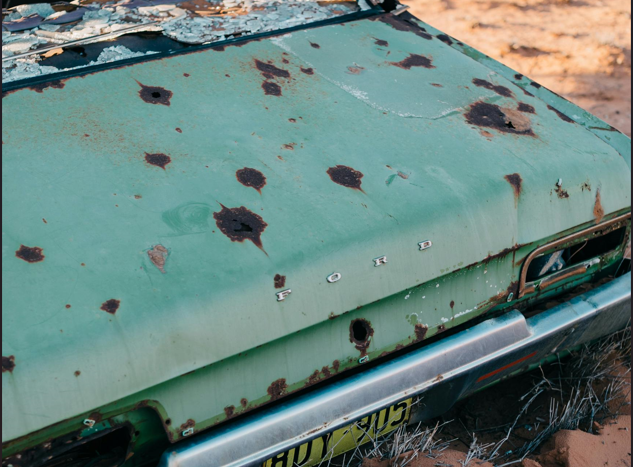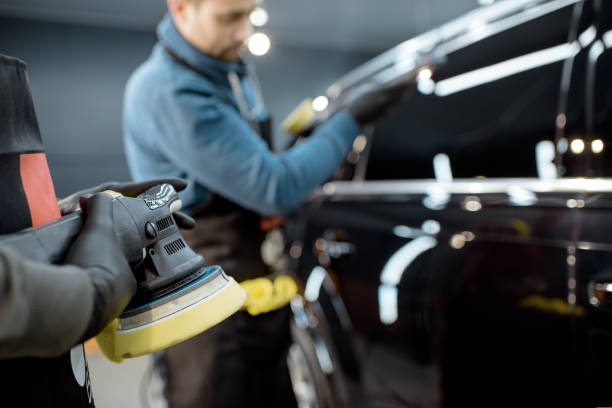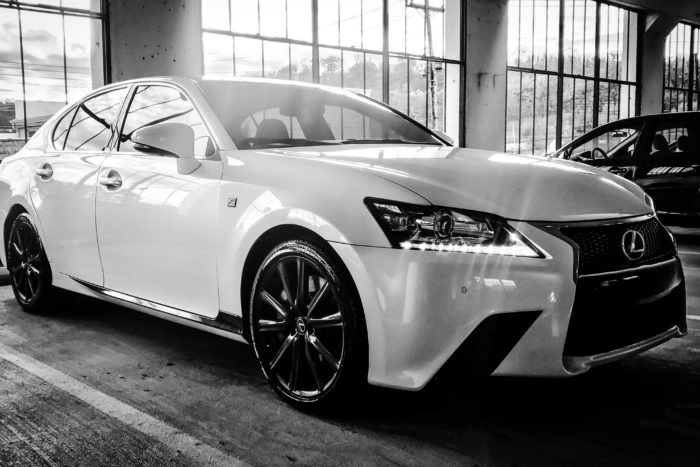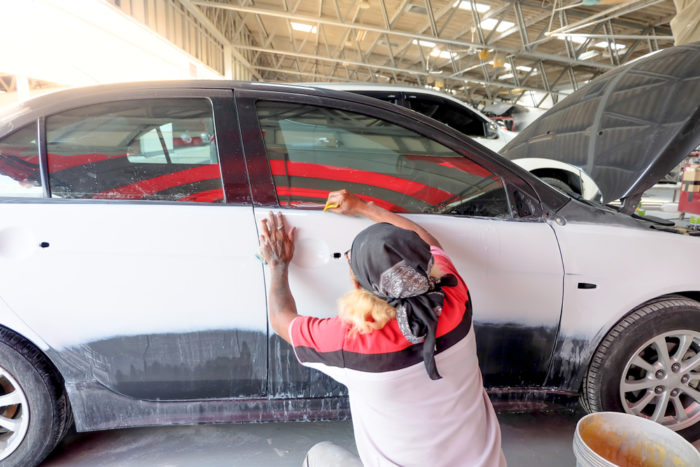How Much Does A Coat Of Paint For A Car Cost?
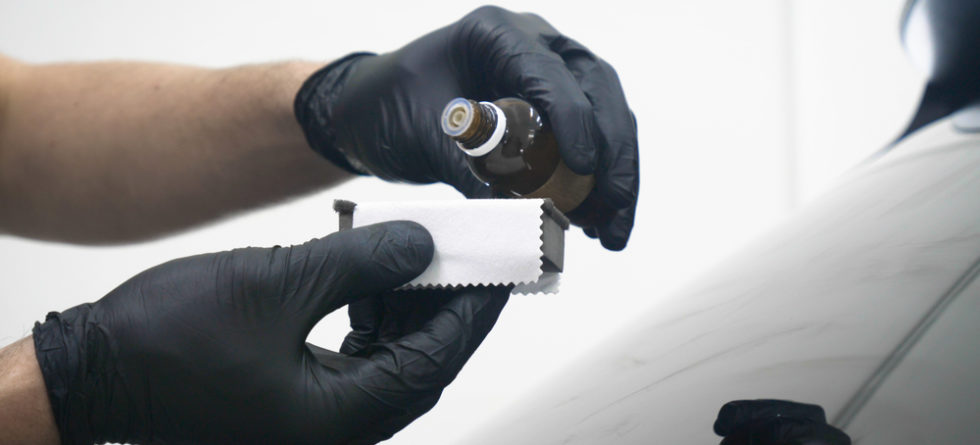
The cost of a single coat of paint for a car can vary widely depending on several factors, including the type of paint used, the size of the vehicle, and whether you’re doing the work yourself or hiring a professional.
Here’s a breakdown of how much a coat of paint for a car costs to give you an idea…
DIY Paint Job Costs
If you’re considering painting the car yourself, the primary cost will be the materials, including the paint, primer, and clear coat.
- Automotive Paint – Prices can range from $20 to $150 or more per quart, depending on the quality and type of paint (e.g., enamel, acrylic, urethane). A mid-sized car might require 2-3 quarts for a single coat, but this can vary based on the car’s size and the paint’s coverage.
- Primer – A gallon of primer might cost between $20 and $80. You may not need a full gallon for a single coat, depending on the car’s size.
- Clear Coat – Prices are similar to paint, with quarts costing between $20 and $100. The amount needed will be comparable to the amount of paint used.
For a DIY job, you’ll also need to consider the cost of additional materials like sandpaper, masking tape, and any tools you might not already have.
Professional Paint Job Costs
Having your car painted by a professional will be significantly more expensive due to labor costs and the high quality of materials typically used.
- Basic Paint Jobs – Can start as low as $500 to $1,000 but might not include extensive surface prep work and might use lower-quality paint.
- Standard Paint Jobs – Offering better quality paint and more thorough prep work, prices can range from $1,000 to $4,500.
- Show-Quality Paint Jobs – For the highest quality paints, meticulous prep work, and the best finish, costs can start at $2,500 and can easily exceed $10,000 for luxury or classic cars.
Factors Influencing Cost
- Type of Paint – Specialty paints, like metallic, pearlescent, or custom colors, can significantly increase the cost.
- Vehicle Size – Larger vehicles require more paint, increasing the overall cost.
- Prep Work – The condition of your car’s current paint and body can affect the cost. More prep work (e.g., sanding, dent repair, rust removal) means higher costs.
- Geographical Location – Labor and material costs can vary based on where you live.
Conclusion
The cost of a coat of paint for a car varies widely based on the project’s scope, the paint quality, and whether you’re paying for labor. DIY painting can be a cost-effective way to refresh your car’s look if you’re willing to invest the time and effort, while professional jobs offer higher quality but at a significantly higher price.


